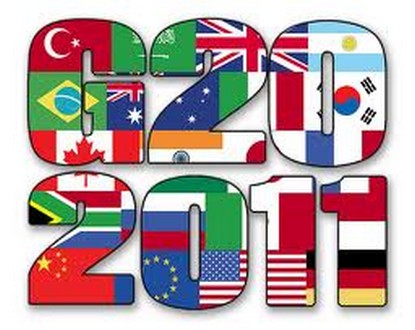The diagnosis is clear, but the treatment is slow to be applied. And yet the patient’s condition is serious… When will the reality be acknowledged and the ability to act be realized? Is the G20 nothing more than a group photo and press conferences in front of journalists and televisions? It should rather be the ability to make necessary decisions in a timely manner for them to be effective.
The reform of the international monetary system (IMS) remains one of the main tasks open to the G20.
And yet it is necessary for at least two reasons.
The first reason lies in the close links between monetary imbalances (exchange rate instability, persistent current account imbalances, excessive reserve accumulation, sudden reversals of capital flows) and financial imbalances (speculative bubbles, credit booms or busts, banking crises, liquidity crises…).
This means that the reform of financial regulation must necessarily be accompanied by a reorganization of the international monetary system to establish mechanisms assuring a coordinated and sufficient provision of international liquidity and a better alignment of exchange rates with fundamentals.
The second reason is the need to adapt the IMS to a global economy whose center of gravity has shifted with the rise of major emerging countries such as China and, more generally, the BRICS.
The hegemonic IMS centered on the dollar no longer suits the increasing multipolarity of the global economy.
The transition that needs to be encouraged is thus towards a more multipolar IMS.


